- Free schools for IDP children in Arakan State struggle to stay open amid funding shortfall
- Female-headed IDP households in Ponnagyun Twsp struggle as commodity prices surge
- Min Aung Hlaing likely to take State Counsellor role in post-election government formation: Analysts
- Hindus express hope for educational reform under AA administration
- Arakanese zat pwe performers struggle to survive as conflict halts traditional shows
Trauma lingers for children in aftermath of Cyclone Mocha
Rural children in Arakan State are suffering from emotional trauma following the devastation wrought by Cyclone Mocha, according to organisations working on children’s mental health.
29 Jun 2023
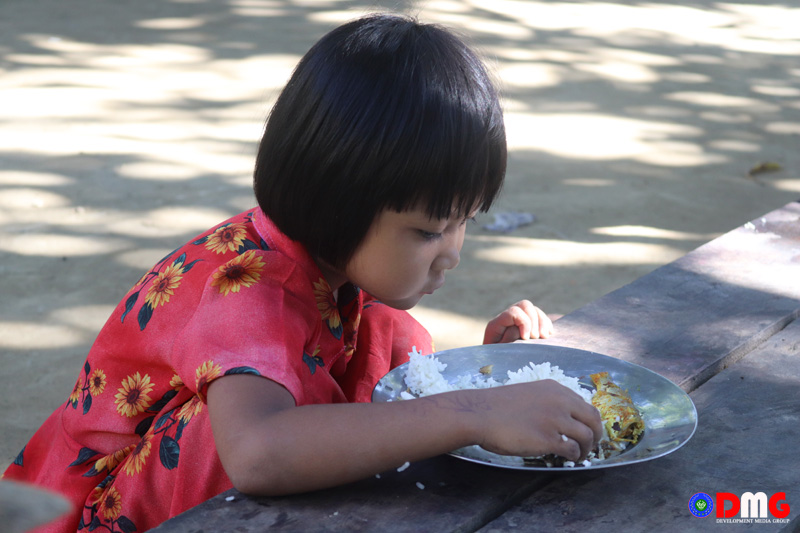
DMG Newsroom
29 June 2023, Sittwe
Rural children in Arakan State are suffering from emotional trauma following the devastation wrought by Cyclone Mocha, according to organisations working on children’s mental health.
In the post-storm period, children are being psychologically and physically harmed by poor parental care, a lack of basic needs being met, food shortages and environmental insecurity, the civil society groups say.
“When we go to the rural areas, the main thing we see is that the parents who have been affected by the storm are unable to look after their children. When children are hungry, their parents can’t feed them, so they see their parents’ discomfort and become petty,” said an official from an Arakanese civil society organisation.
For children in Arakan State, Cyclone Mocha was just the latest adversity in a difficult few years marked by war, the Covid-19 pandemic and an economic malaise brought on by the military’s February 2021 coup.
“Children get scared even when fireworks are set off at parties. These children grew up in fear,” said Daw Cho Oo May, an IDP woman from the Nyaungchaung displacement camp in Kyauktaw Township.
The United Nations Children’s Fund (UNICEF) has been working with partner organisations to increase mental health care for children in Arakan State still reeling from the effects of Cyclone Mocha. Fifty child-friendly spaces have been opened for trauma healing for children in Maungdaw, Buthidaung, Rathedaung, Sittwe, Pauktaw and Ponnagyun townships.
A UNICEF official said that these spaces can provide a degree of psychological and emotional security for the children in the surrounding areas.
“We are healing the trauma of our children as much as we can. We listen to our children’s emotions. We provide entertainment for the children by drawing, singing, and telling stories,” the UNICEF official added.
There remains an urgent need for international organisations, governmental entities and philanthropic groups, as well as parents, to create environments that are nurturing and healing in the aftermath of mass trauma events like Cyclone Mocha, according to children’s health experts.




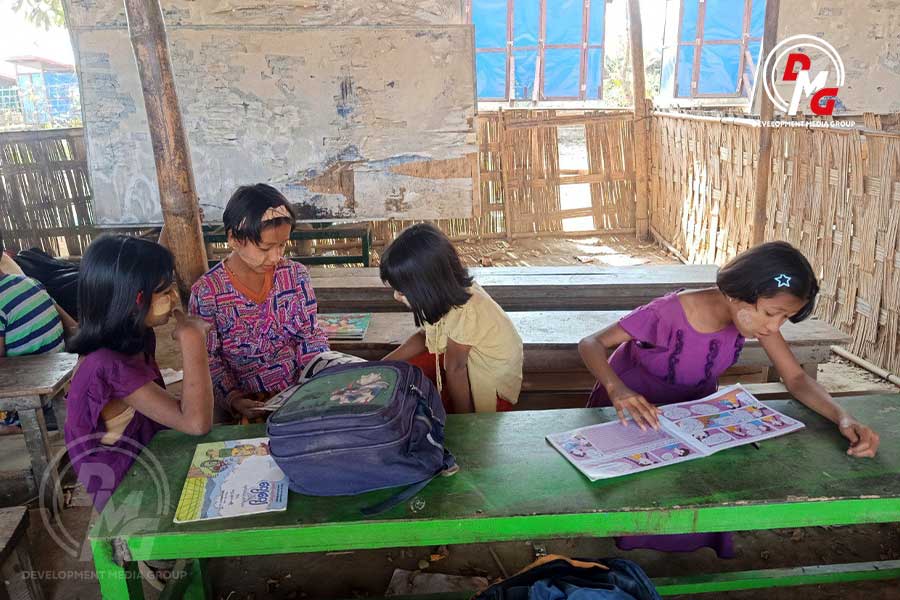
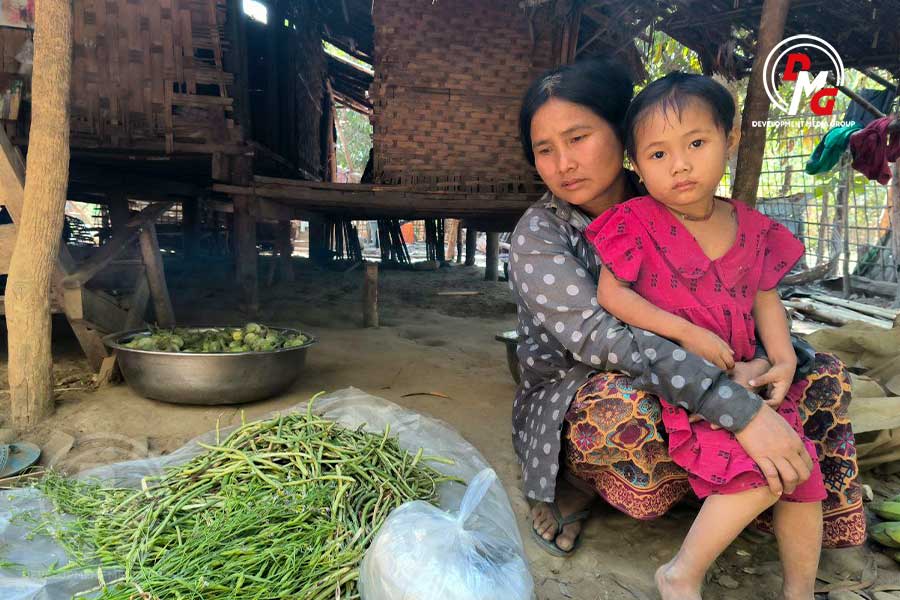
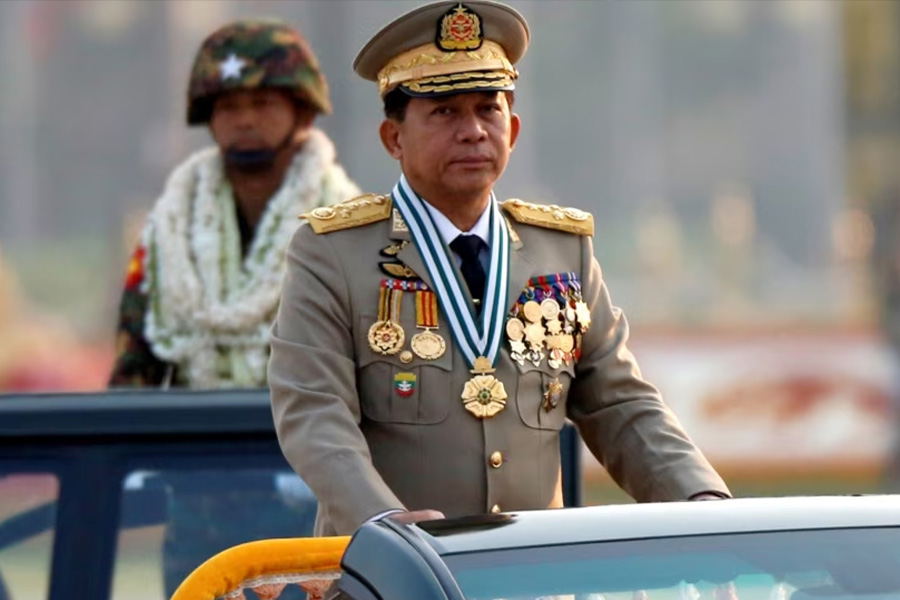
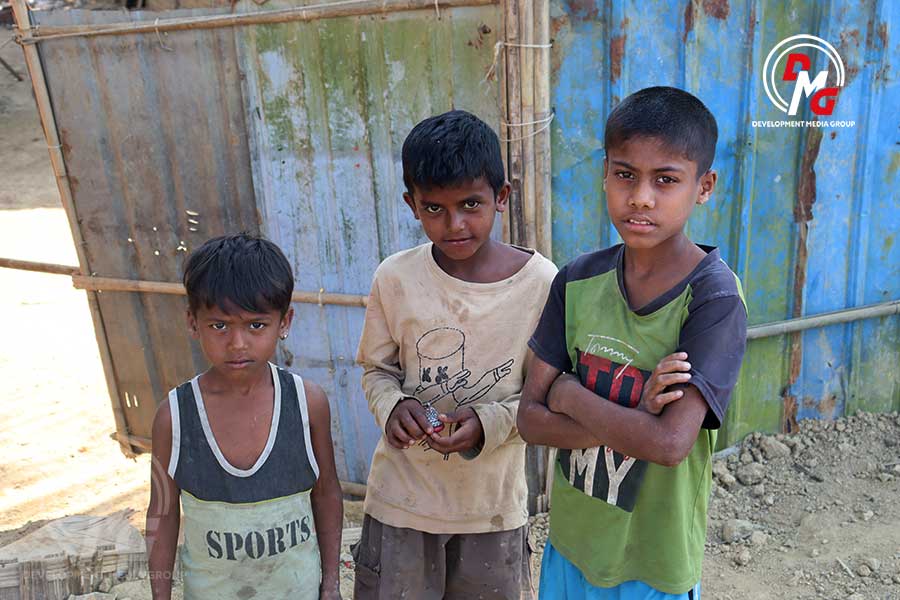
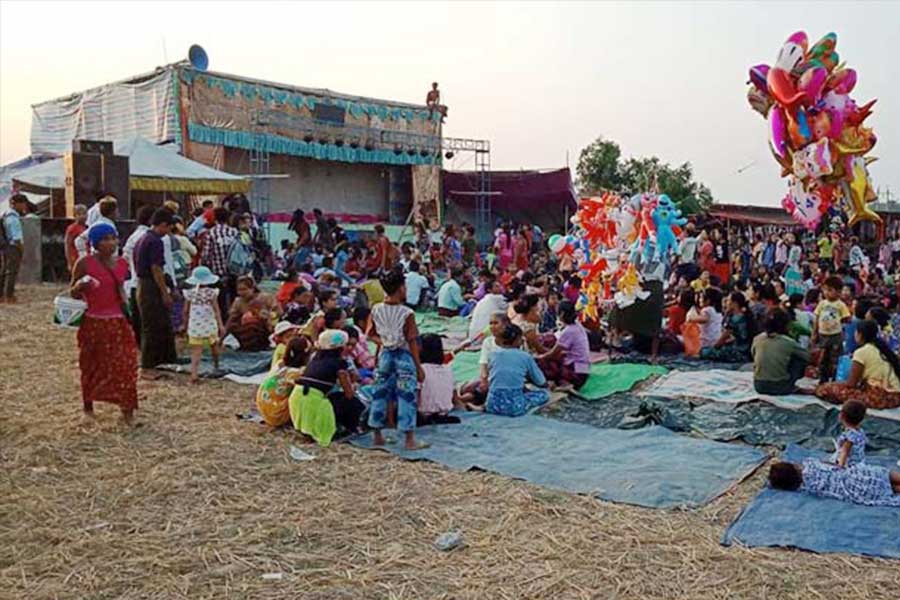








.jpg)